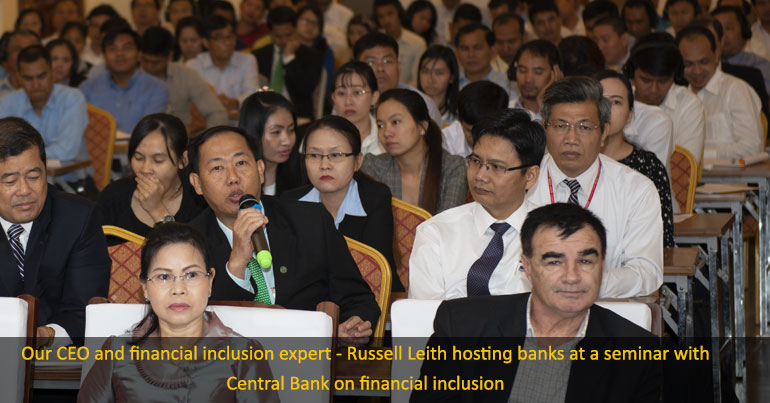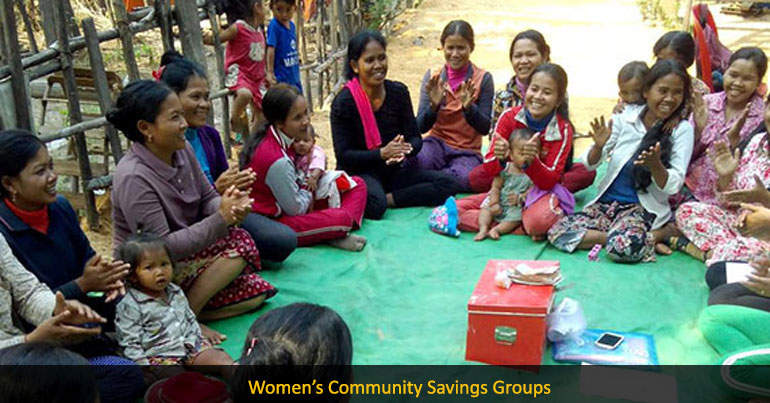Challenge
Individuals and businesses should have access to useful and affordable financial products and services that meet their needs – transactions, payments, savings, credit, and insurance – delivered in a responsible and sustainable way. (World Bank, 2021). The challenge is the mechanisms by which this can delivered and achieved and how to progress towards reducing poverty and boosting prosperity for all. This will require working with financial service providers, including developing innovative new ways to reach those in need. Central banks and regulators will also play a significant role in encouraging the markets and regulating where their is market failure.

Strategy
Our strategy and core competency lie in assembling and managing highly qualified multi-disciplinary teams and engaging with a range of public, private sector, non-governmental and citizen stakeholders for timely and quality completion of projects, TSC Global's specialist "Financial Inclusion" group is comprised of leading policy and regulatory experts, with experience in promoting functioning, competitive markets. This is achieved by using appropriate policy interventions to support private sector development, allowing competitive markets to regulate as much as possible, intervening with appropriate regulatory measures when the market fails, and the cost/benefit of intervention exceeds the impact of doing nothing. Our teams have undertaken numerous diagnostic assessments of markets, including the bank, MFIs, non-bank and capital markets. Our subject matter experts are supported by our other experts as required.
TSC Global‘s standard methodology entails building trustful relationships and helping to identify practical solutions for complex problems that our team of experienced experts may face during project preparation, and the implementation and delivery of high-quality results — often in tight deadlines.
Transformation
As with any transformational process we will develop a shared understanding of what needs to be developed by identifying what each element of an overall goal can be achieved when, over what timeframe, by whom, doing what. Careful planning is required. The first Step taken in the process is as important as each of the other ones, especially as it will lay out the initial plan and approach for the transformation goal.

Our transformative governance process will examine:
- Accountability: making all the organs of government accountable for the performance of functions.
- Participation: unerstanding that people are the key to good governance - not only the beneficiaries of good governance but also the agents of it.
- Transparency: moving from the traditional secrecy in governance to sharing of relevant and appropriate information.
- Effectiveness and Efficiency: effective and efficient service delivery from the organisation being governed.
As part of our process we will focus on:
- Identifying and building: on the achievements of our previous work and knowledge in the area.
- Promoting broad participation: Through our research process and stakeholder engagement, we will identify the challenges, needs, hopes and aspirations of various stakeholders.
- Engaging in and maintaining quality communications: by ensuring that our consultants work in very close cooperation with each other and our counterparts.
- Ensuring the transfer of knowledge: by providing focused and informative advice and stakeholder engagement that not only address the issues but include practical means to resolve any issues arising as they happen, and in the design, and the application, for future projects.
Financial Inclusion Project Examples




